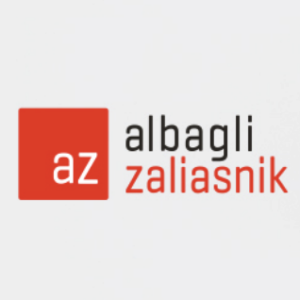During September 2021, Law No. 21,369 was published in the Official Gazette of Chile, which regulates sexual harassment, violence and gender discrimination in the field of Higher Education . This responds to the different demonstrations that have been carried out, in recent years, in the different study houses throughout the country, in which protocols and sanctions were required in these cases.
Article 1 of the law clearly establishes what the objective of the law is: to promote policies aimed at preventing, investigating, punishing and eradicating sexual harassment, violence and gender discrimination ; protect and repair the victims; establish safe environments free of sexual harassment, violence and gender discrimination, for all people who attend higher education academic communities.
The law requires higher education institutions to have a comprehensive policy against sexual harassment, violence and gender discrimination , which must contain a prevention model and a sanction model . In addition, it is required that all the levels that make up the higher education institution participate in the drafting of said policy.
Although many universities and professional institutes have been adopting policies in case of sexual harassment, violence and discrimination, Law No. 21,369 establishes a series of requirements that the policies must contain, which will be subject to control by the authority, therefore in more than one case, it will involve modifying existing policies.
For example, in article 5 of the law, the measures that the prevention model must contain are established : diagnosis of activities that are carried out within the respective institution and may imply a risk; set of measures aimed at preventing risks ; awareness and information campaigns on human rights, sexual harassment, violence and gender discrimination; training for officials and academics ; incorporate contents of human rights, sexual harassment, gender violence and discrimination in the curricular plans ; and, include the policies in the induction processes .
Higher education institutions will have until September 15, 2022 to implement the prevention models and sanction models and, once implemented, they are given a period of 90 days -extendable for 30 days- to perfect the models. and staff orientation or training.
From the Superintendence of Higher Education they have been emphatic that they will sanction the houses of studies that do not comply with a comprehensive policy against sexual harassment, violence and discrimination , as established by law, to the point that they will not be able to obtain their accreditation . institutional.
All of the aforementioned translates into an exhaustive process that higher education institutions must carry out. The implementation of a prevention and sanction model in accordance with the requirements established in Law No. 21,369 aims to prevent, sanction and eradicate sexual harassment, violence and gender discrimination, and ensure safe environments.
This is possible to the extent that all the stages involved in this process are met, and understanding that the work does not end once the prevention and sanction models are drawn up, but that implementation, training and constant review and updating are key to to ensure the objectives established by law.
For more information you can contact:
Daniela Hirsch | Compliance Group Director | dhirsch@az.cl



